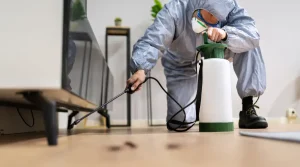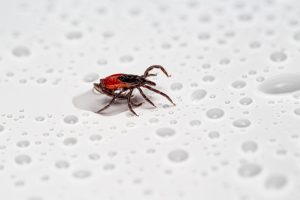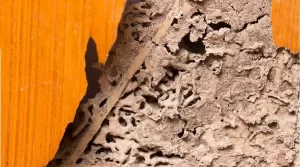Bed bugs can wreak havoc on your peace of mind. Knowing how to tackle these resilient pests effectively is key to restoring your home and comfort.
Key Takeaways
- DIY vs. Professional Help: While DIY methods can address minor infestations, professional extermination is more effective for severe cases.
- Standard Methods: Foggers, heat treatments, and traps are common approaches with limitations.
- Expert Insight: Professional treatments like fumigation and liquid pesticides offer comprehensive results.
Understanding Bed Bugs
Bed bugs are tiny, nocturnal pests that feed on human blood, causing itchy bites and discomfort. They often hide in crevices, including mattress seams, furniture joints, and baseboards, making them hard to detect and eliminate. Their ability to reproduce rapidly compounds the problem, making timely intervention crucial.
Home Remedies for Bed Bugs
When facing a bed bug infestation, many homeowners turn to DIY solutions. While these methods can be helpful in minor cases, they often need more than larger infestations. Here are some common approaches:
Foggers
Foggers, or bug bombs, release chemicals into the air to kill pests. While accessible, they have significant drawbacks:
- Hazards: The chemicals can be harmful to humans and pets. Homes must be evacuated during treatment.
- Limitations: Foggers don’t penetrate deeply into cracks where bed bugs hide, often missing the pests entirely.
- Repetition: Multiple treatments may be needed, increasing costs and inconvenience.
Heat-Based Treatments
Heat is an effective way to kill bed bugs at all life stages, but implementing it at home has challenges:
- Cost: Specialized heat equipment can be expensive, especially for one-time use.
- Time-Consuming: Heating an entire room or house to 113°F for several hours is resource-intensive.
- Risk of Damage: Maintaining consistent temperatures can damage furniture or belongings.
Interceptor Traps
Interceptor traps catch bed bugs climbing furniture legs but don’t actively eliminate the infestation. These are best used as monitoring tools rather than standalone solutions.
Challenges of DIY Bed Bug Treatments
While DIY treatments may seem appealing, they often prove inadequate for several reasons:
- Hard-to-Reach Areas: Bed bugs hide in tiny crevices that DIY methods may not reach.
- Resistance: Some bed bugs develop resistance to common pesticides.
- Time and Cost: DIY approaches are time-intensive and can become costly with repeated attempts.
Professional Pest Management
For severe infestations, professional pest control services are the most reliable solution. Professionals bring expertise, specialized tools, and advanced techniques to the table. Here’s what they offer:
Fumigation
Fumigation is one of the most effective methods for eliminating bed bugs:
- Comprehensive: Destroys all life stages of bed bugs, including eggs.
- Safe: Leaves no residue, making your home safe for children and pets.
- Efficient: Targets hidden infestations in mattresses, upholstery, and baseboards.
Liquid Pesticides
For milder cases, liquid pesticides are a fast-acting option:
- Immediate Results: Quickly eliminates visible bed bugs.
- Targeted Application: Focuses on specific infestation sites for minimal disruption.
Preventing Bed Bugs Infestations
Preventative measures can help you avoid future infestations:
- Inspect Secondhand Furniture: Check for signs of bed bugs before bringing used items home.
- Protect Your Bed: Use mattress and box spring encasements to reduce hiding spots.
- Maintain Cleanliness: Regular vacuuming and decluttering can limit potential hiding places.
- Travel Smart: Inspect hotel rooms and luggage to prevent bringing bed bugs home.
FAQ
Q1: Can I get rid of bed bugs on my own?
Yes, but DIY methods are often time-consuming and less adequate for severe infestations. Professional treatment is recommended for guaranteed results.
Q2: How do I know if I have bed bugs?
Common signs include itchy bites, blood spots on sheets, and small, rust-colored fecal stains near hiding spots.
Q3: Are foggers safe to use?
Foggers can be hazardous to humans and pets. They should be used cautiously and as part of a broader pest control strategy.
Q4: How much does professional bed bug treatment cost?
Costs vary depending on the size of the infestation and the treatment method. Professional consultations can provide accurate estimates.
Q5: Can bed bugs return after treatment?
If preventative measures aren’t taken, reinfestations can occur. Professional treatments often include follow-ups to ensure complete eradication.
Q6: Are bed bug bites dangerous?
Bed bug bites are not known to transmit diseases but can cause allergic reactions or secondary infections from scratching.
Conclusion
Dealing with bed bugs requires a strategic approach. While DIY methods offer temporary relief, professional extermination ensures thorough and lasting results. Protect your home and peace of mind by choosing the right solution for your needs.






